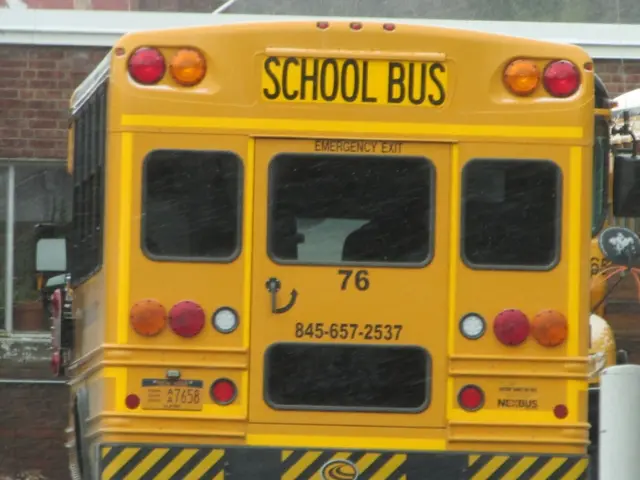Developing Unique Teaching Methods to Replace Group Tutoring
UCLA Herb Alpert School of Music Introduces Innovative Special Topics Courses for Remote Learning
In response to the transition to remote instruction, the UCLA Herb Alpert School of Music has introduced a series of special topic courses designed to adapt music education to the online environment. These courses, available this quarter, aim to address the unique challenges and opportunities of remote learning, incorporating new technologies and pedagogical approaches.
The courses on offer include:
- Music Technology and Remote Collaboration – This course explores digital tools and platforms that facilitate music creation, recording, and collaboration remotely among students and instructors.
- Virtual Music Performance Practices – Students study and practice techniques for performing music online, including live streaming rehearsals and concerts, managing latency issues, and engaging virtual audiences.
- Composition for Digital Media – Focused on composing music specifically for digital and multimedia contexts, incorporating software and virtual instruments suited for remote work.
- Improvisation in Online Ensembles – Emphasizes improvisation skills within the constraints and possibilities of virtual ensemble settings.
In addition to these courses, students can also enroll in Social Justice Issues in Classical Music, The Entrepreneurial Musician on Social Media, Improvisation for Classical Musicians, Creating Inclusive Orchestral Audition Lists, Historical and Recorded Perspectives: The American Choral Tradition, and Discovery of World Music: Learning Music from UCLA Ethnomusicology Faculty and Ensemble Directors.
The faculty at the School of Music have approached remote teaching with enormous flexibility and resourcefulness, as demonstrated by the development of these innovative courses. The School's Chair, Travis J. Cross, organized a two-day virtual symposium to gather diverse perspectives and plan for a potentially remote fall quarter. Colleagues from Ethnomusicology and Global Jazz Studies joined the ensemble faculty from the Department of Music in teaching these special topics courses.
Eileen Strempel, the school's Inaugural Dean, expressed pride in the faculty's efforts to develop these innovative courses for students. She encourages students from all across the School to enroll in these experimental offerings, which allow them to explore new areas of interest and expand their horizons.
For more detailed information about specific course titles or syllabi, it is recommended to contact the UCLA Herb Alpert School of Music directly or check their official course listings for the relevant academic year. The School continues to adjust and improve these courses for students during the upcoming spring quarter. The event facilitated the exchange of ideas and provided an important opportunity for personal and professional connection during a time of physical distance.
- Embracing the shift towards remote learning, students can enroll in education-and-self-development courses such as 'The Entrepreneurial Musician on Social Media', which delves into the intersection of music and technology, offering strategies for musicians to effectively use social media platforms for personal branding and career advancement.
- As part of their lifestyle transformation journey, students might also be interested in 'Creating Inclusive Orchestral Audition Lists', a course that incorporates technology-driven solutions to promote diversity and equity in the classical music industry, leading to a more representative and inclusive future for music education and performance.







